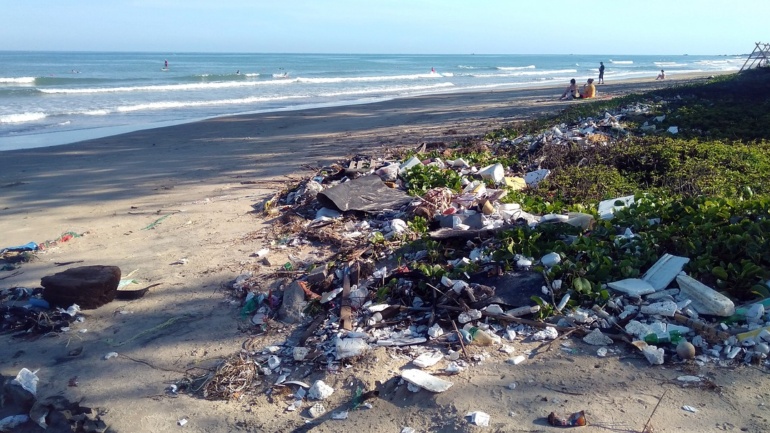By April Day
Orange County, Florida is one of the largest and latest localities in the country to join a growing global movement advocating for the “rights of nature”. In Nov. 2020, the county passed an ordinance recognizing the rights of nature for waterways to flow, be protected against pollution, exist and maintain a healthy ecosystem. The ordinance also allows guardians of nature to sue on its behalf. A case was filed last year on behalf of several waterways called Wilde Cypress Branch et al. v. Beachline South Residential, LLC and Noah Valenstein, Secretary of the Florida Department of Environmental Protection. Stated differently, as for now, you can be sued by a waterway in Orange County, Florida.
Half a century ago in 1972, the idea that nature can sue for its own protection was born. Law professor Christopher Stone published an article in the University of California Law Review called “Should Trees Have Legal Standing? Toward Legal Rights for Natural Objects.” He advocated for nature to have rights similar to humans. Stone argued that recognizing the rights of inanimate objects had precedent such as recognizing personhood in certain situations for corporations. The legal concept of standing requires suing parties (plaintiffs) to show that they were injured by the defendant and that the court can give them a remedy. Without legal standing, a case is thrown out of court.
In 1972, the US Supreme Court decided the landmark case Sierra v. Morton, where the US Supreme Court threw out a case by reasoning that an environmental group lacked legal standing to sue to protect the environment. Important now, in the dissent in Sierra v. Morton, Justice Douglas wrote about the rights of nature, saying that public interest for the environment “should lead to the conferral of standing upon environmental objects to sue for their own preservation.”
In the last 15 years, different countries, governments and localities around the world have begun recognizing the rights of nature. Ecuador, Pakistan, Canada, Mexico, Colombia, Bangladesh, Bolivia, New Zealand, Uganda and India have all recognized the rights of nature through constitutional amendments, legislation or judicial decisions.
Orange County is not the first locality in the United States to have an ordinance that recognizes the rights of nature. It joins more than 30 other localities across the United States, including, among others, Colorado, Pennsylvania and Minnesota. After the lawsuit on behalf of several waterways in Orange County was filed, other localities within Florida have also tried to develop their own ordinances recognizing the rights of nature.
The rights of nature movement has received pushback from academics as well as state legislatures. For example, on learning what Orange County was planning to do, lobbyists in Florida secured passing SB 712 in 2020, prohibiting such ordinances. This Florida statute states that it prohibits a local government from passing a law recognizing or granting any legal rights to a plant, an animal, a body of water, or any other part of the natural environment. This Florida state statute went into effect before the voters of Orange County adopted their local ordinance by a margin of 89%.
While the lawsuit in Orange County, if successful, would be the first time in the United States that the right of nature on behalf of a waterway would be recognized in court, several courts have already recognized the intrinsic rights of animals from New York to Oregon to Hawaii. Orange County is also significant in that it is the largest county to have passed such a law, being home to around 1.5 million people.
Local communities face challenges when passing ordinances that recognize the rights of nature. For example, in the United States, state or federal laws can trump local laws. Lawsuits can also prevent a local ordinance from going into effect, at least for the duration of the lawsuit, which is what happened to the Lake Erie Bill of Rights. That bill of rights recognizing the rights of a water body passed with 61% voter approval.
A judge will soon decide whether to throw the case in Orange County out or not. Either way, unless state level or national level changes in environmental protection occur, the rights of nature movement will probably still receive some support.




